


To reach this conclusion, Brazilian researchers cross-referenced data obtained from the local public health network with data from an indicator of variations in the Earth’s geomagnetic field. The study was published in the journal Communications Medicine.
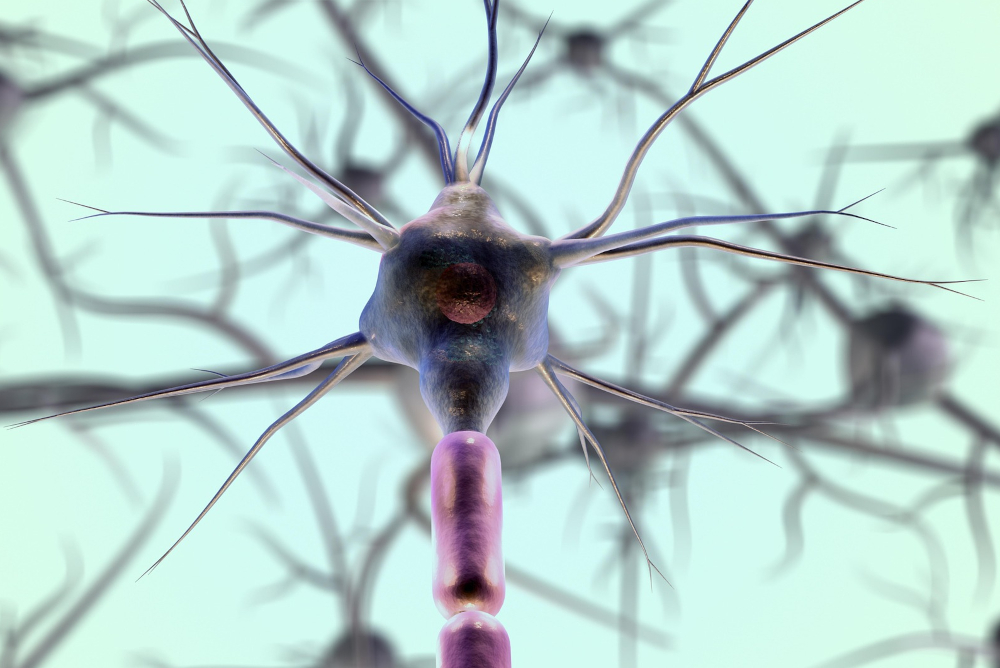
Brazilian researchers, in partnership with French institutions, combine advanced cell image analysis technology and machine learning and discover a morphological marker linked to individuals who do not respond to natalizumab.

A vulture recently arrived at the Santos Municipal Orchid Garden and an owl living in captivity for ten years were colonized by antibiotic-resistant Escherichia coli.

Pioneering research conducted in São Paulo state (Brazil) shows how the immune system reacts to rare types of childhood cancer.

Morin-based powder, extracted from guava leaves, apple peel, and figs, can be slowly released with the help of polymers and serve as an alternative to antibiotics.

Brazilian researchers analyzed over 60 scientific articles on the subject and found that the materials negatively affect bone tissue.

A summary of published studies on the risk of emerging diseases shows that only 7.4% simultaneously consider hazard, exposure, and vulnerability to infection. These three components are essential for reliably and accurately assessing the risk of these diseases in the context of environmental change.
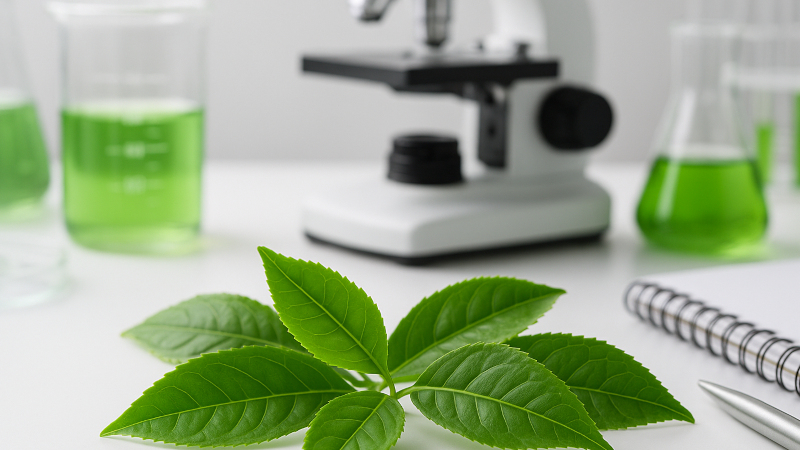
A study in an animal model analyzed the muscle metabolism of guinea pigs on a high-calorie diet. Ultimately, consumption of the plant extract increased the expression of genes associated with glucose uptake and the activity of an essential metabolic enzyme.
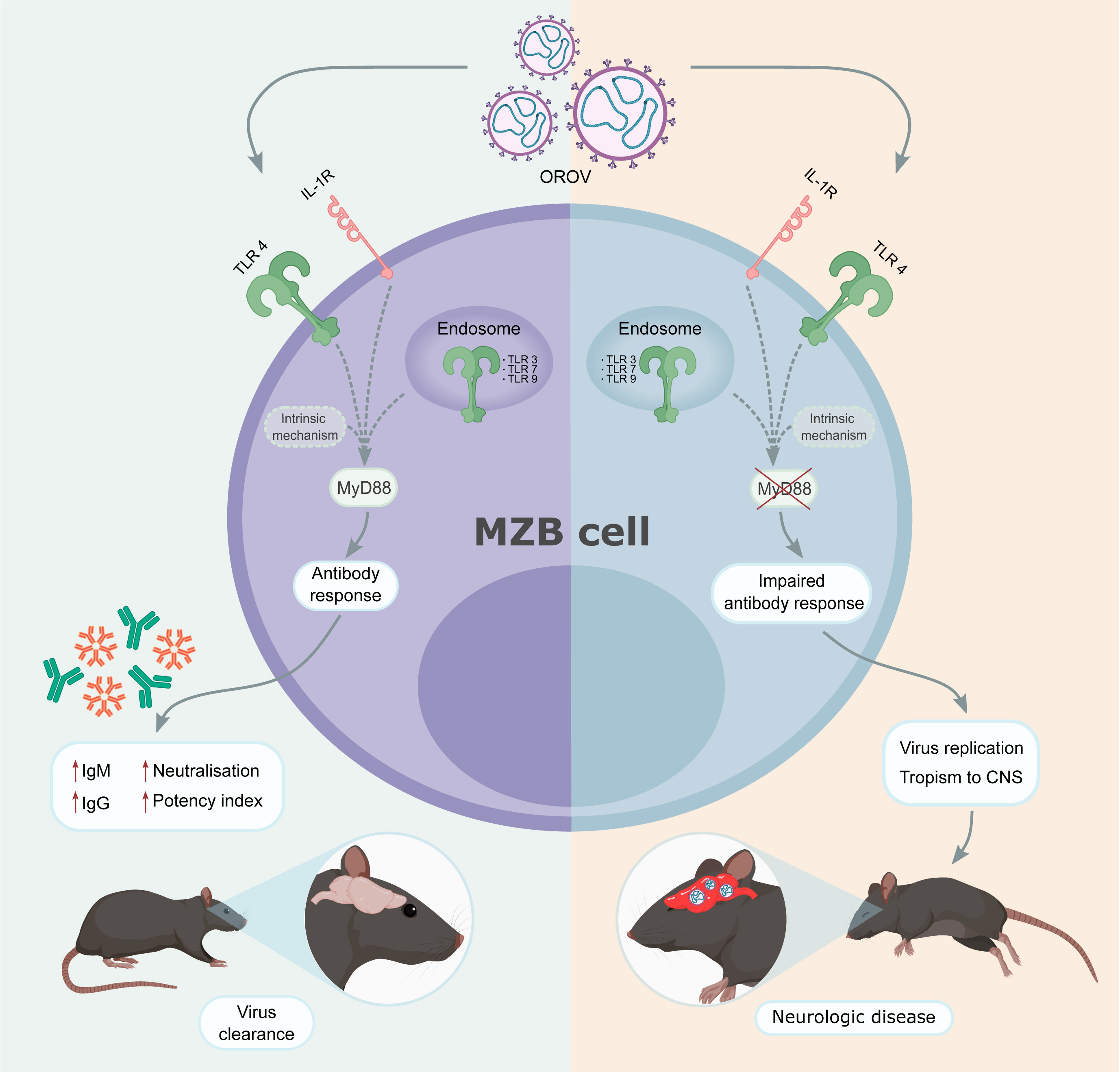
Study conducted on mice provides important information that may help in the treatment of the disease. Confirmations in Brazil have increased in recent years.

Bringing together studies by various experts, the book Science of Early Childhood highlights the importance of this period in people’s development and lives. It also warns of the far-reaching consequences of social inequality.

On the other hand, when parents maintain an active routine, their children are more likely to follow suit. According to research by São Paulo State University involving 182 children and adolescents aged 6 to 17, mothers’ influence in encouraging physical activity was more than twice that of fathers.
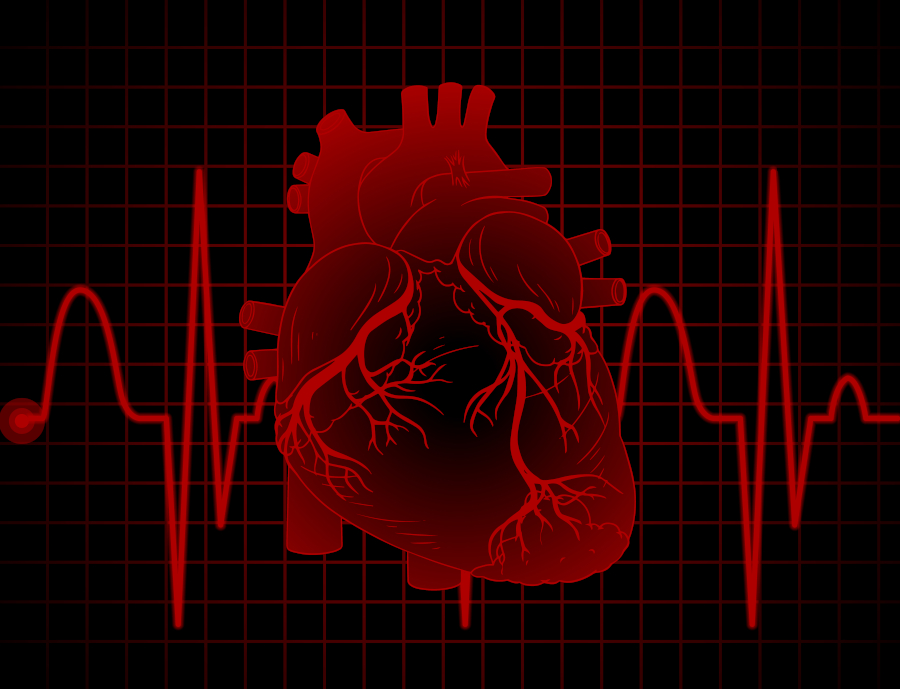
Results from research conducted in Brazil show that glycemic delta is associated with the size of the heart attack and the strength of heart contractions. Acute myocardial infarction is the leading cause of death in Brazil.

Research with rats has shown that a maternal diet lacking protein during these stages leads to changes in the structure and function of the epididymis, which would explain impairments in motility, viability, and sperm concentration in male offspring.
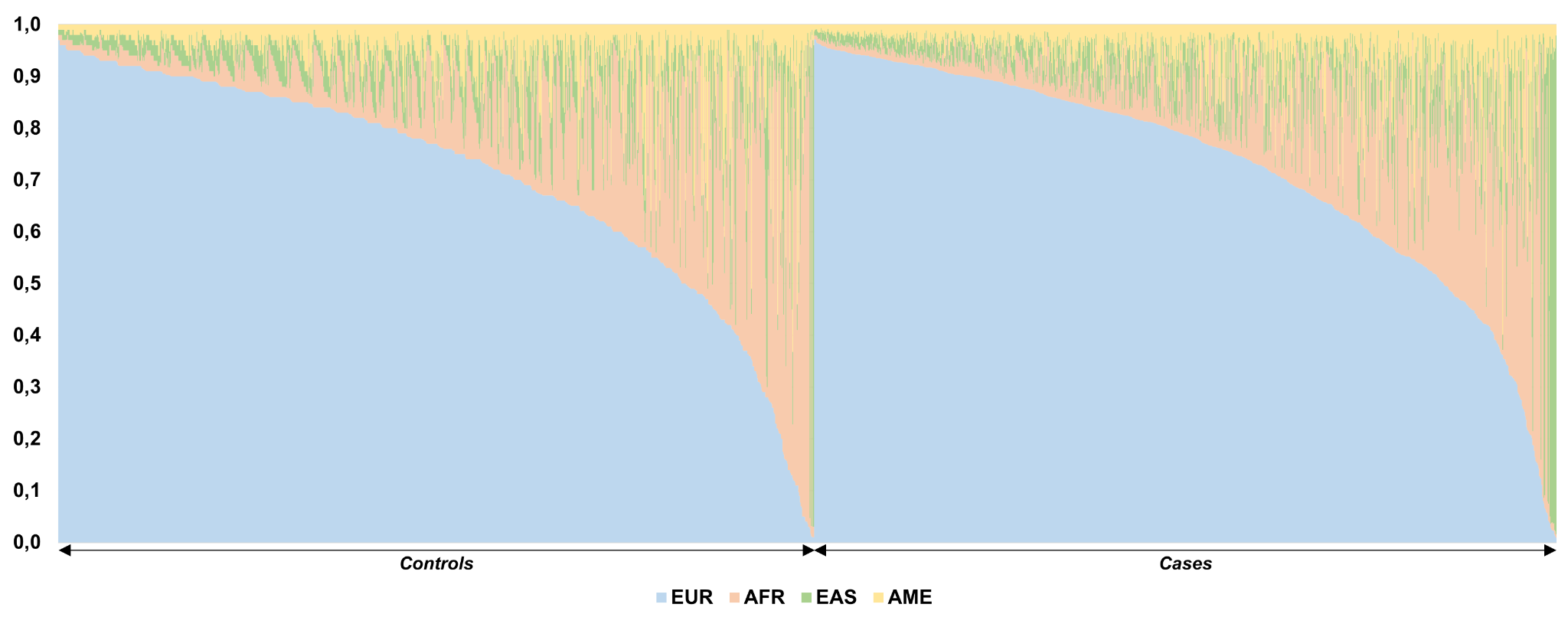
The disease is the third most common type of cancer in Brazil, excluding non-melanoma skin tumors. Between 5% and 10% of cases are hereditary.

This neglected disease, also known as Peruvian wart and Oroya fever, is caused by bacteria of the genus Bartonella and is transmitted by sand flies. DNA found in insects from a protected area in Brazil is similar to that of pathogenic species found in Peru. While there is still no evidence that the new bacterium causes disease, scientists warn that monitoring should continue.

Early-stage clinical trial reveals that peptide has potential to become a new tool for improving metabolic health and sleep quality in overweight adults; study involved scientists from Brazil, Israel and the United States.
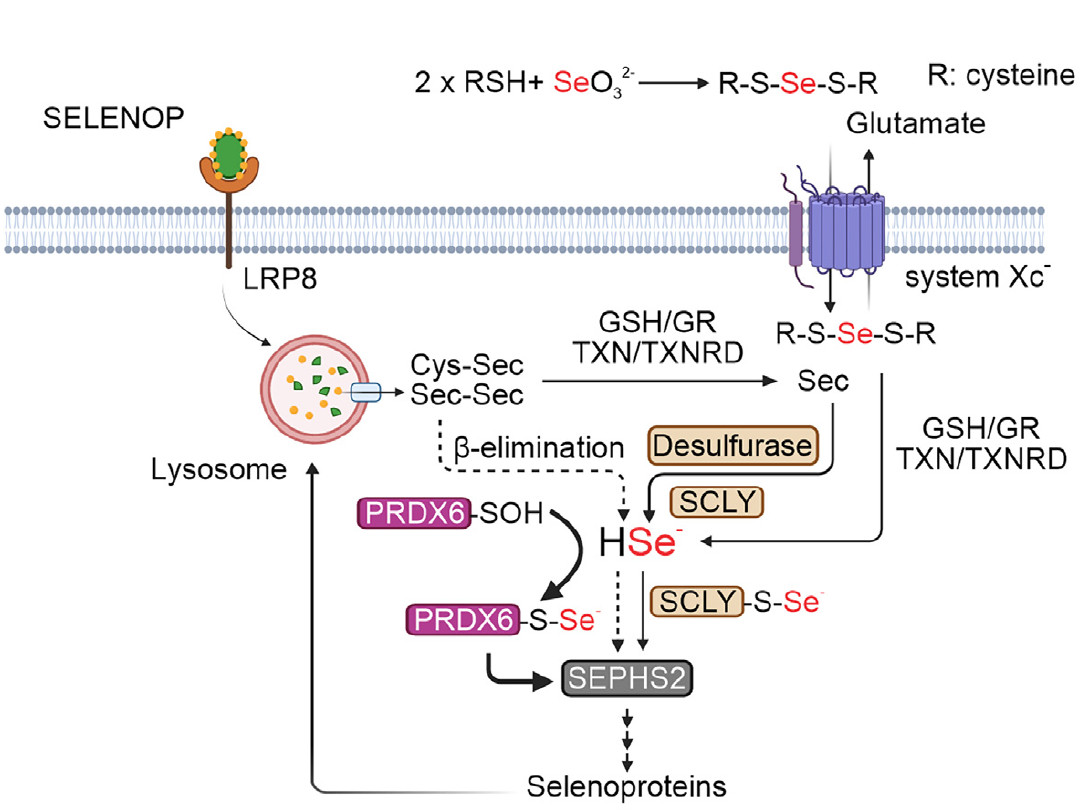
International team of researchers discovered that high levels of an enzyme called PRDX6 are associated with a subtype of neuroblastoma; animal studies showed that inhibiting the molecule caused a reduction in tumors.
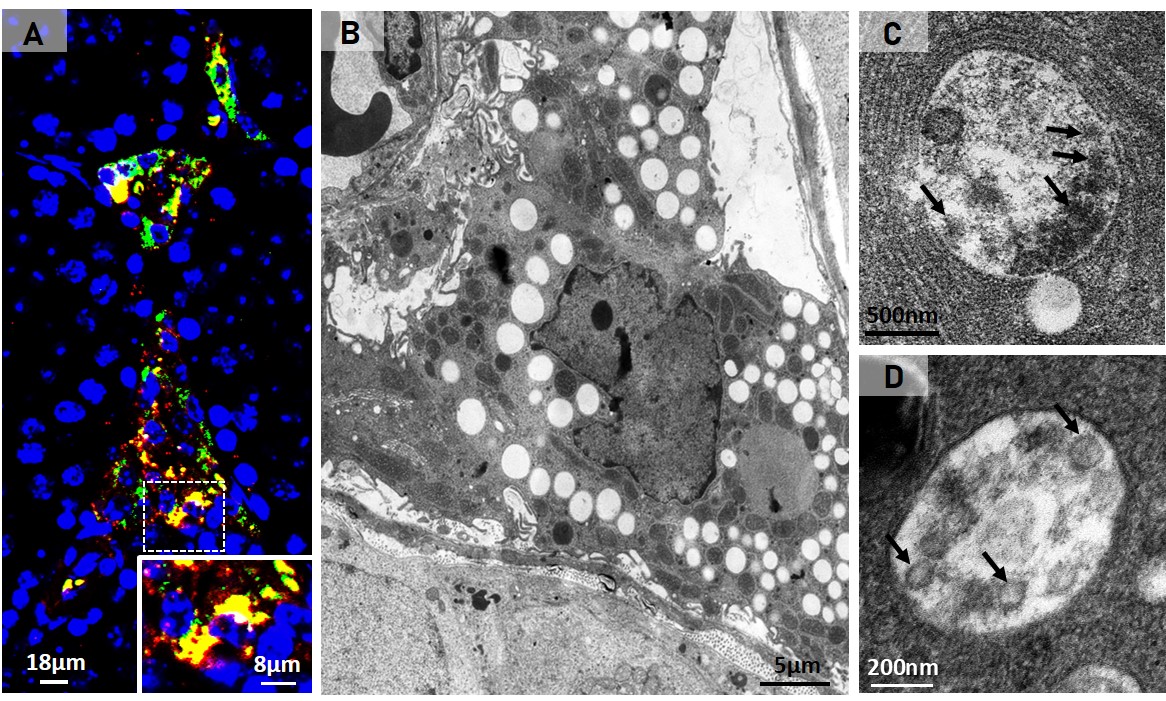
Research conducted on mice revealed that the COVID-19 virus uses cells responsible for testosterone production to replicate, thereby interfering with lipid metabolism. This helps explain the drop in testosterone and possibly cholesterol in patients with severe cases of the disease.
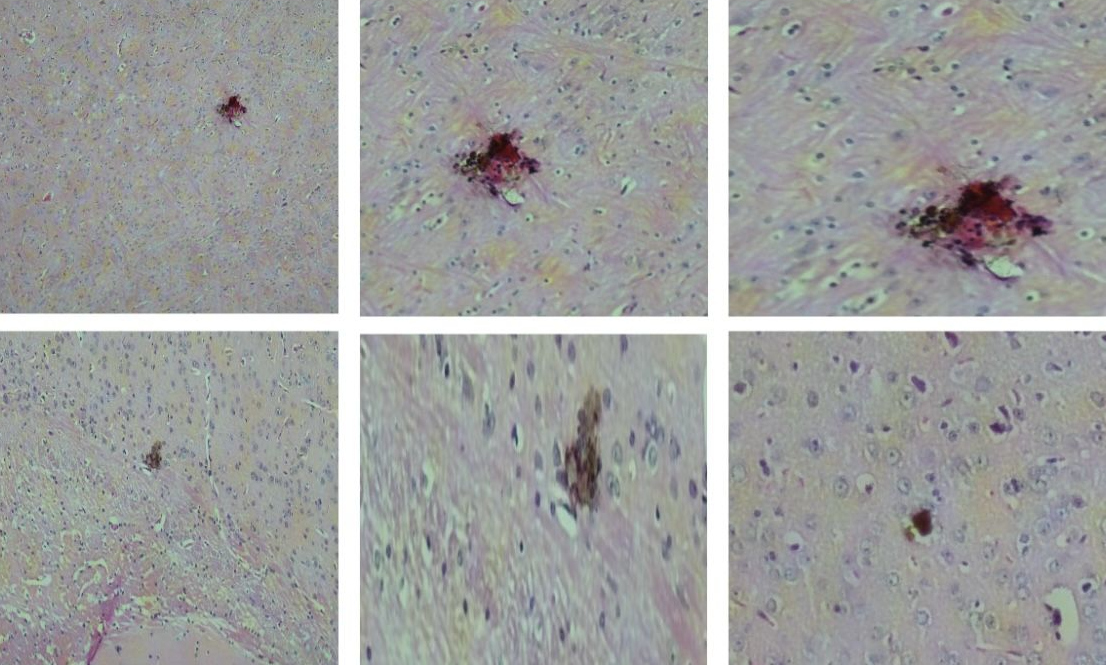
The vaccine is being developed by researchers at the University of São Paulo and is based on technology known as “virus-like particles” (VLPs), which does not use genetic material from the pathogen.
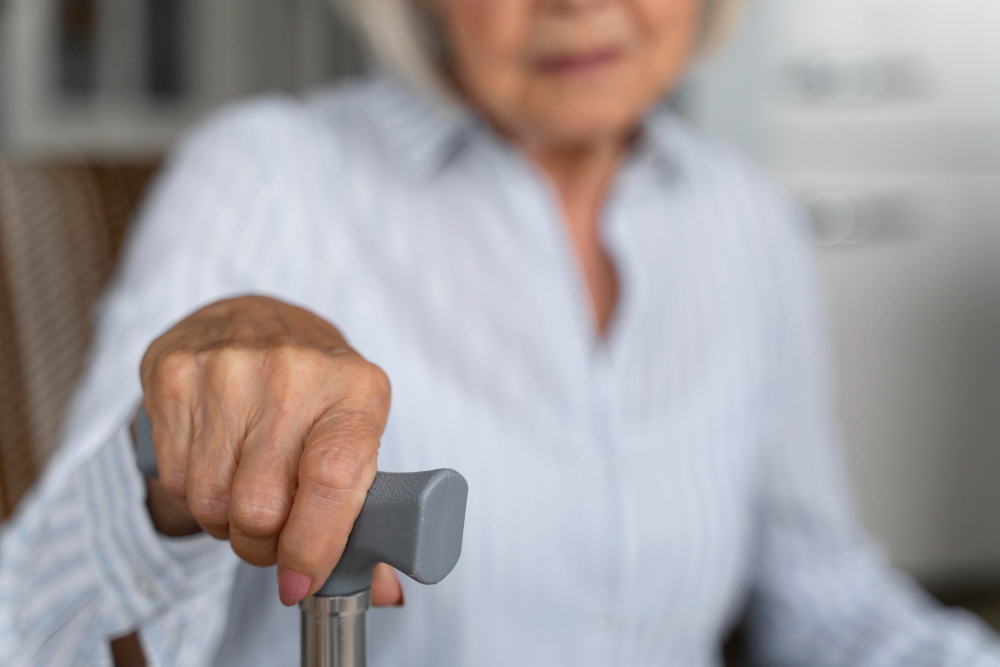
This is the conclusion of a study that evaluated data from 4,500 people who were followed for 14 years. The results are helpful in clinical practice and for screening patients at risk, eliminating the need for complicated tests.
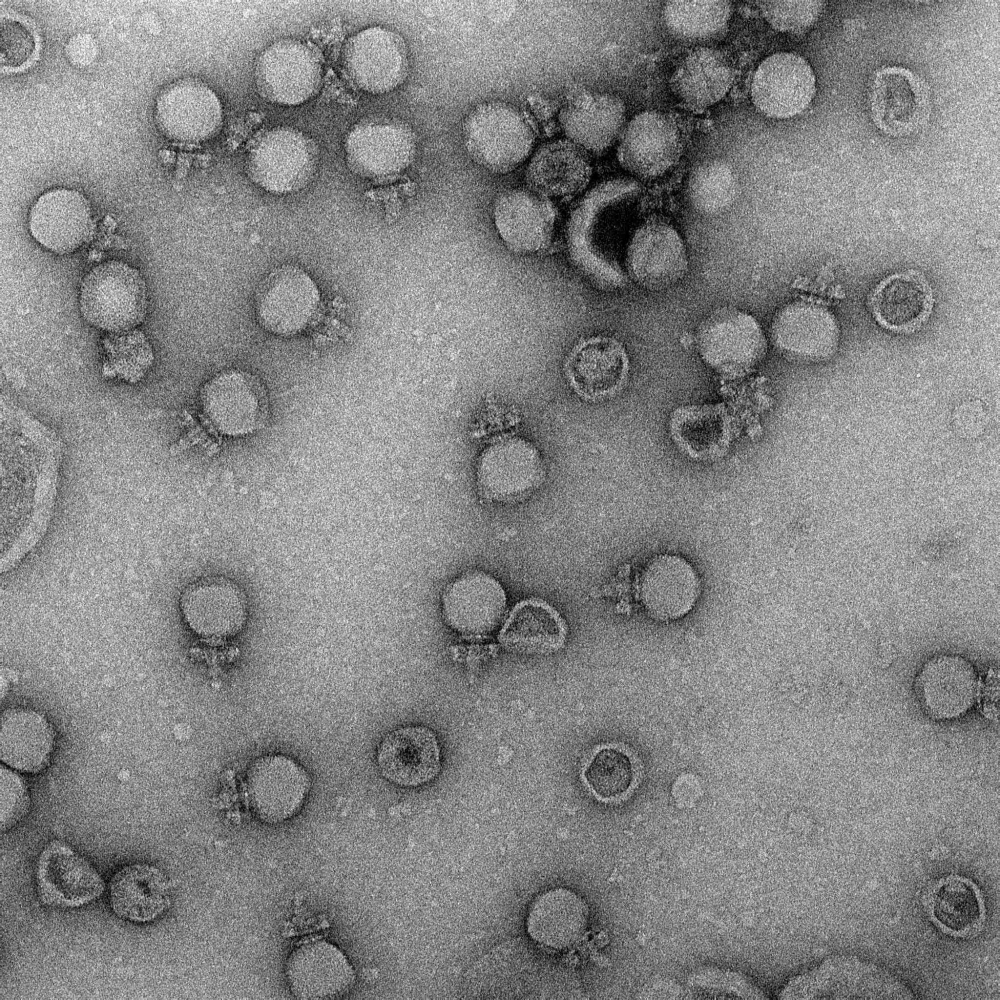
The startup uses bacteriophages to prevent mastitis in dairy cows and reduce the use of conventional drugs.
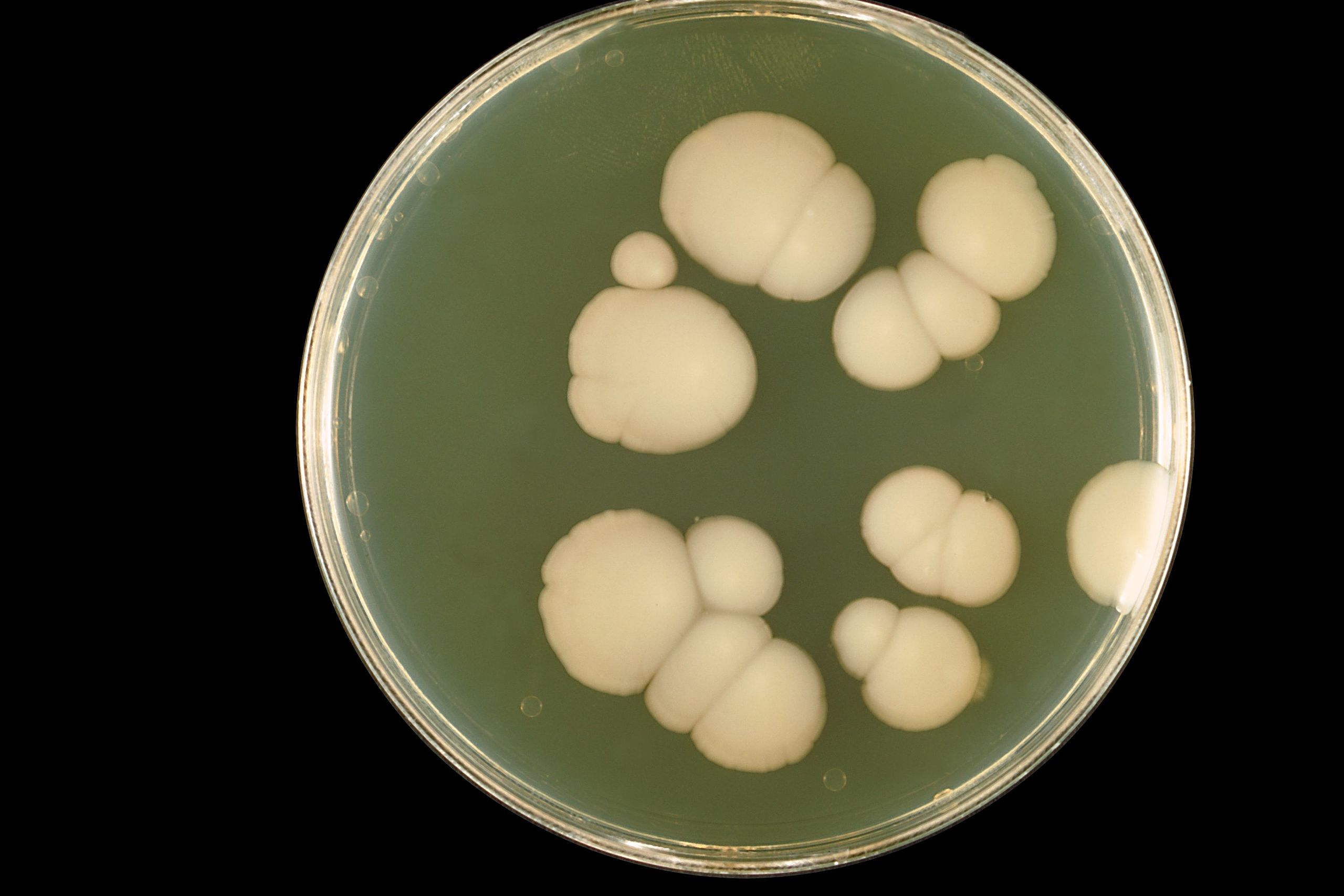
Researchers at a FAPESP-supported research center have managed to reduce Candida albicans’ resistance to fungicides by incorporating photodynamic inactivation techniques into the treatment. The results of the study indicate that the technology can be used in both human healthcare and the prevention of food contamination.
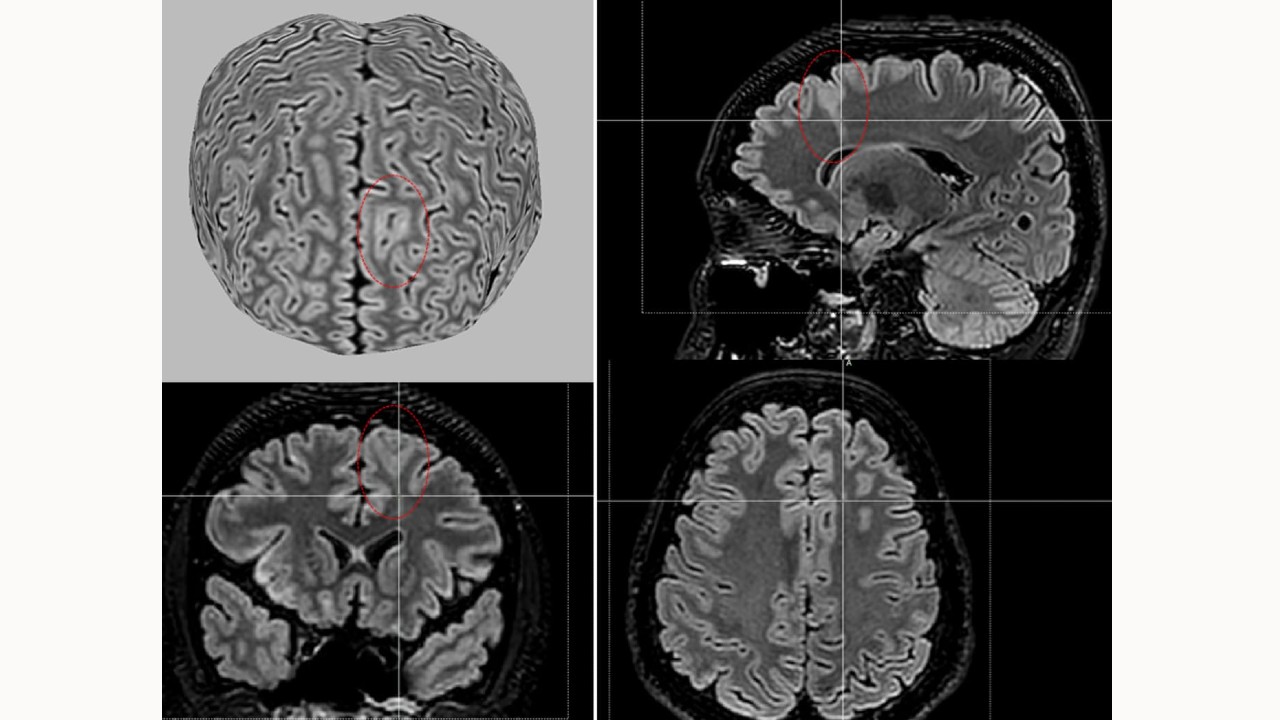
Publicly available algorithm facilitates lesion identification and surgical planning for patients with focal cortical dysplasia, a malformation associated with a drug-refractory form of the disease.

In a study of 141 patients, researchers at the Federal University of São Paulo and collaborators evaluated different models to predict which patients would benefit from risperidone treatment.

In mice, researchers observed increased intestinal stem cell proliferation and organ regeneration in the post-fasting period. However, depending on the diet and genetic profile, this can increase the risk of tumors.